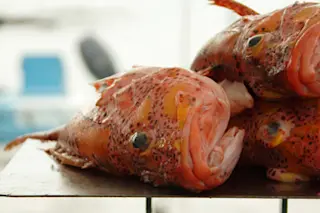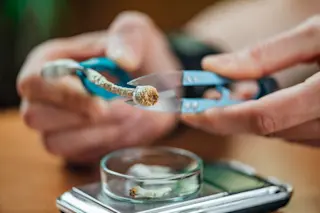Elijah Stommel, a neurologist at the Dartmouth-Hitchcock medical center in New Hampshire, often has to deliver bad news to his patients, but there is one diagnosis he particularly dreads.
Amyotrophic lateral sclerosis, or ALS, kills motor neurons in the brain and spinal cord, progressively paralyzing the body until even swallowing and breathing become impossible. The cause of ALS is unknown. Though of little solace to the afflicted, Stommel used to offer one comforting fact: ALS was rare, randomly striking just two of 100,000 people a year.
Then, a couple of years ago, in an effort to gain more insight into the disease, Stommel enlisted students to punch the street addresses of about 200 of his ALS patients into Google Earth.
The distribution of cases that emerged on the computer-generated map of New England shocked him. In numbers far higher than national statistics predicted, his current and deceased patients’ homes were ...














